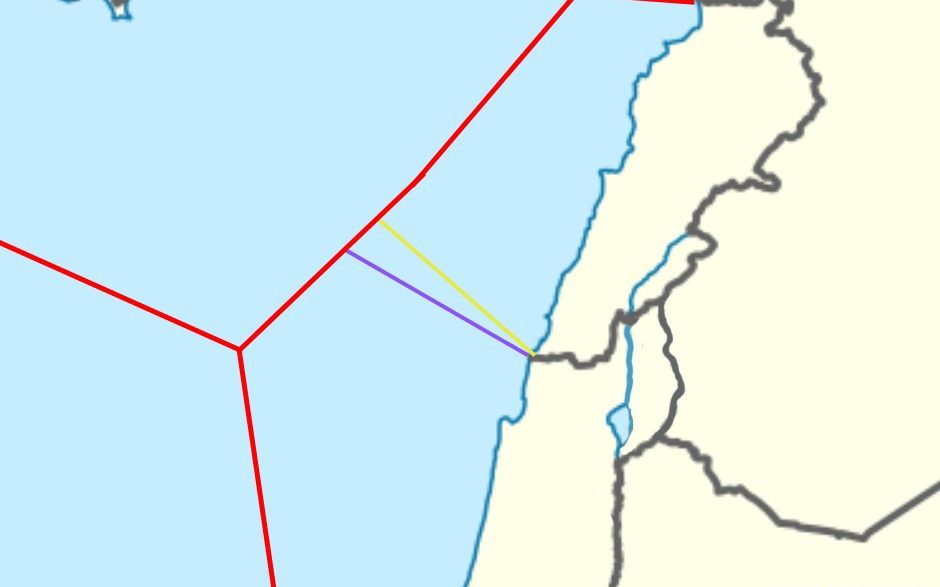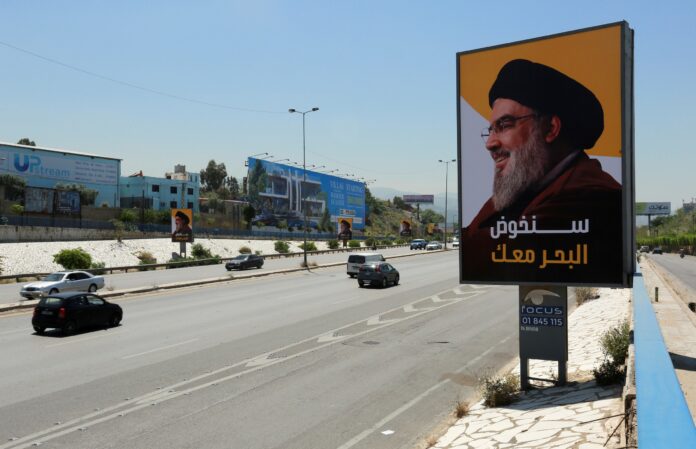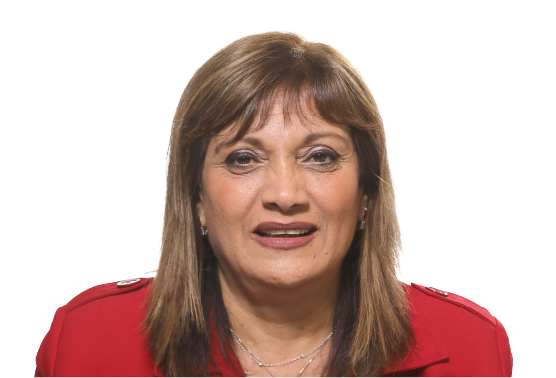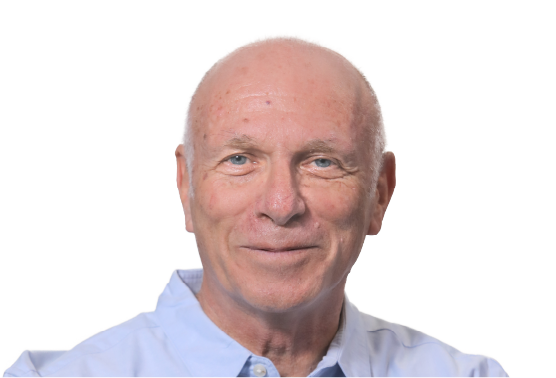Despite the low expectations among much of the Lebanese public that the parliamentary elections held on May 15, 2022 would bring about a material change in Lebanon’s difficult situation – seen also in the low voter turnout (41 percent, compared to 49 percent in the 2018 elections) – the results reflect the new wind blowing in the country. The main change presented by the results is the reduced support for the Hezbollah camp, which lost the parliamentary majority it had enjoyed since 2018. In the current parliament, only 60 of the 128 members are in the Hezbollah camp, compared to the 71 mandates it held in the previous parliament.
Hezbollah’s vigorous efforts to influence the voting by means of a pre-election campaign that included the distribution of benefits as well as threats and disruption – sometimes armed – of opposition rallies bore fruit, at least among voters in the Shiite sector. Here the organization managed to retain its 13 seats. However, its partners from the Christian and Druze parties suffered a blow. The main victim was its Christian partner since 2006, the Free Patriotic Movement founded by President Michel Aoun and currently led by his son-in-law, Gebran Bassil, who is avidly eying the post of president. This party has lost its status as the largest Christian party (winning only 18 seats) to the Christian Lebanese Forces party, led by Samir Geagea (21 seats). Marada, the Christian party of Suleiman Frangieh (the son), another member of the Hezbollah camp, dropped from 6 seats in 2018 to only 2 seats, while the Druze party led by Talal Arslan and also identified with the Hezbollah camp is not represented in the current parliament.
Another significant change is the election of some 13 independent candidates representing small new parties that were founded following the protests that erupted in October 2019. These members of parliament are not identified by community or religion, and at present are not identified with any camp. On their agenda is the call for a change in the Lebanese leadership and socio-economic improvements, and at this stage it is hard to assess their future voting intentions on internal matters or on foreign and security issues.
In any event, the weakening of the Hezbollah camp and the rise of Geagea, Hassan Nasrallah’s sworn enemy and the leader of the struggle to disarm Hezbollah, has not resulted in a significant parliamentary bloc that could exert a material influence on decisions that are opposed by Hezbollah and its supporters and/or the ruling elite, or promote the reforms so desperately needed by Lebanon that are a condition for the renewal of Western aid. Indeed, many members of the former corrupt leadership have retained their positions. Moreover, the boycott of the elections by Hariri’s large Sunni party, al-Mustaqbal, left a leadership vacuum in the Sunni camp. Thus, Hezbollah and its partners face a divided camp, comprising several veteran parties and fragmented new parties, and it is not clear whether Geagea, who has been branded by Hezbollah as an Israeli collaborator, will be able to unite them around a shared agenda.
The first test for the new balance of forces in the parliament were the elections for the speaker and his deputy. In these elections, which took place on May 31, the Hezbollah camp managed to have Nabih Berri, the leader of Amal, Hezbollah’s Shiite partner, elected as speaker for the seventh time. Another representative of this camp, Elias Bou Saab from the Free Patriotic Movement, was elected deputy speaker. However, both were elected with a very small majority of 65 members of parliament (thanks to the support of Jumblatt’s Druze party, which avoiding joining either of the camps, and it is not clear how it will vote in future), while in the 2018 elections, Berri won a majority of 98 votes (out of 128).
Thus despite of the weakness of Hezbollah’s partners, the new political array in parliament reflects and retains the organization’s influential position, even if the dynamic is not easy and presents it with new challenges. Hezbollah will be forced to find ways to maintain its status and thwart decisions that run counter to its interests, while building new alliances. As for core issues, including demands for its disarmament, it appears that Hezbollah will not hesitate to use force. On May 18, in his first public reference to the election results, Nasrallah tried to display a statesmanlike approach by saying that although Hezbollah had achieved a large victory, none of the blocs won and the severe economic crisis demanded joint action by all camps. In this spirit the organization is calling for a government of broad consensus, to ensure that it and its partners will be members. This is contrary to Geagea’s tenacious demands not to include Hezbollah in any government that is formed. Geagea claims that there is a majority in the new parliament for a change in policy on basic issues, including Lebanese sovereignty and weapons in the hands of non-government forces (in other words, promoting decisions to disarm Hezbollah and transfer its weapons to the Lebanese army).
In parallel, Hezbollah is continuing its efforts to establish its image as a responsible national actor, whose main concern is to bring about an improvement in Lebanon’s domestic situation, while preserving its sovereignty and resources. In this it makes prominent use of the “Israeli card.” This was particularly noticeable in the organization’s recent references to the disagreement between Israel and Lebanon over the maritime border, an issue that enjoys consensus in the Lebanese political system.

The issue returned to the agenda following the arrival at Israel’s coast on June 5 of the Energean floating rig, which is due to begin production of gas from the Karish gas field in the third quarter of 2022. In a particularly belligerent speech on June 9, Nasrallah attacked Israel and announced that he had the ability to prevent gas production from the Karish field. He described such gas production as Israeli aggression and theft of Lebanon’s economic resources. Nasrallah is therefore exploiting the current crisis in order to reinforce the organization’s familiar narrative, that it uses its weapons on behalf of Lebanon’s national interests, and thus it once again justifies its determination not to yield to demands for its disarmament by its opponents.
At this stage efforts are focused on formation of a new government. However, based on past experience, it is unlikely that Lebanese citizens will see the mission completed in the near future. A month after the elections there is still no sign of agreement over the composition of the government or the identity of the Sunni prime minister (as required by the Lebanese constitution). It is possible that the task will not even be finished by October, when the parliament is due to elect a new president.
However, even if a government is formed in the coming months, the two main relevant scenarios do not promise a functioning government that could rescue Lebanon from its dire economic straits. A government of broad consensus as promoted by Hezbollah and its camp would be as paralyzed as its predecessors and would be unable to promote the reforms necessary for any improvement in the situation. In the other scenario, any government formed without Hezbollah, a very unlikely scenario, would find its actions thwarted by Hezbollah through political moves, and perhaps even through the use of military force within Lebanon, or by heating up the border with Israel.
For Israel, the fact that Hezbollah in recent years has been largely engaged in internal matters has helped restrain its military activity against Israel. However, in view of Nasrallah’s harsh rhetoric around the issue of pumping gas from the Karish field and his threats that his organization can prevent Israel from acting unilaterally in a gas field that he considers disputed, Israel must prepare for the possibility of escalation following attempts to implement the threats. This will be especially likely if there is greater internal pressure on Hezbollah. The June 13 arrival of American mediator Amos Hochstein, in response to a Lebanese invitation, could help reduce the tension.






